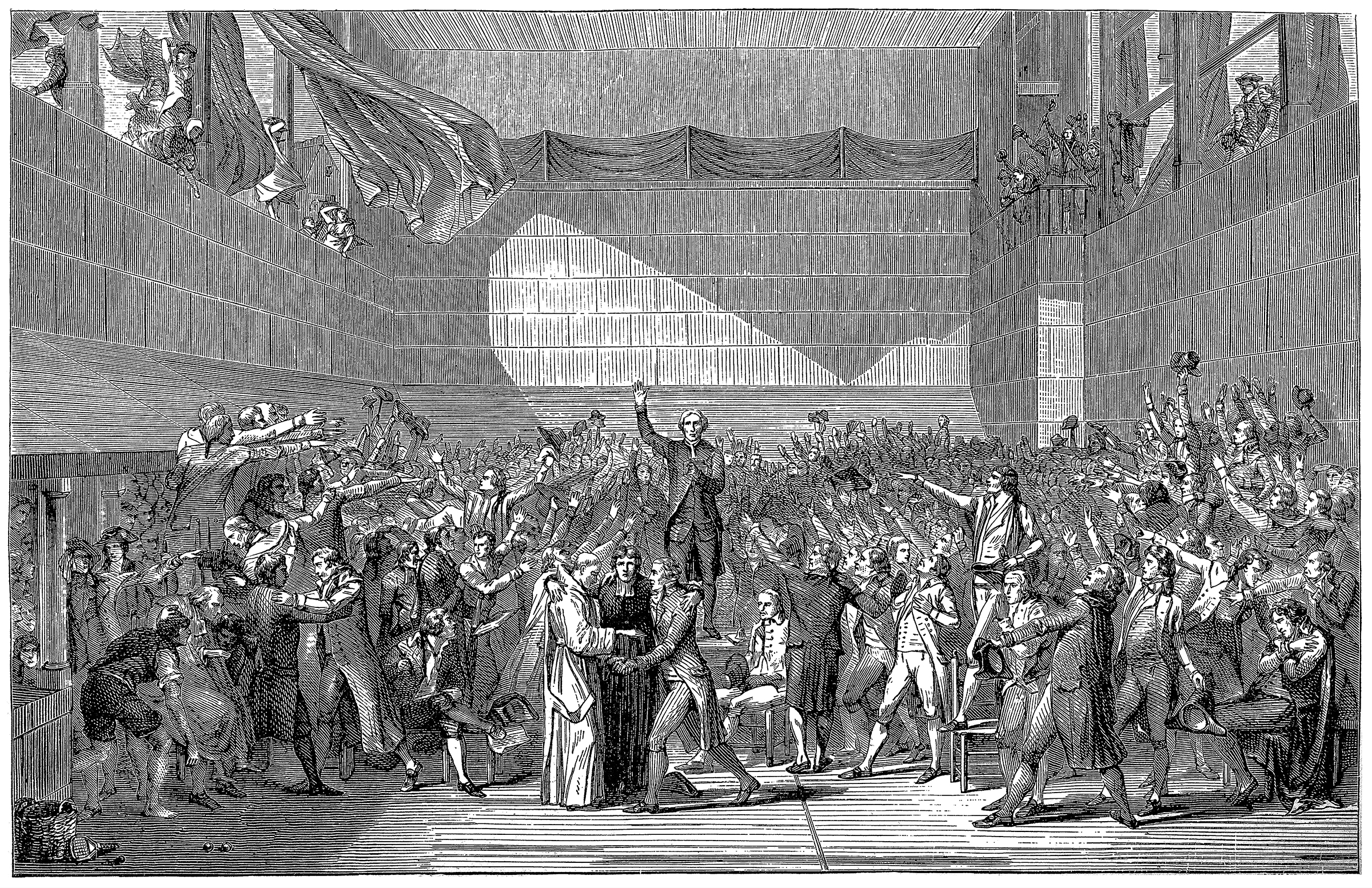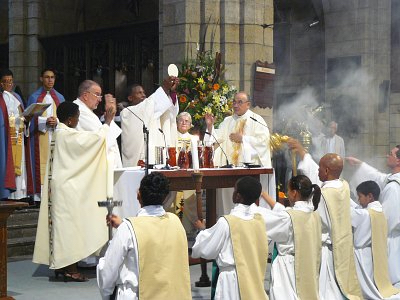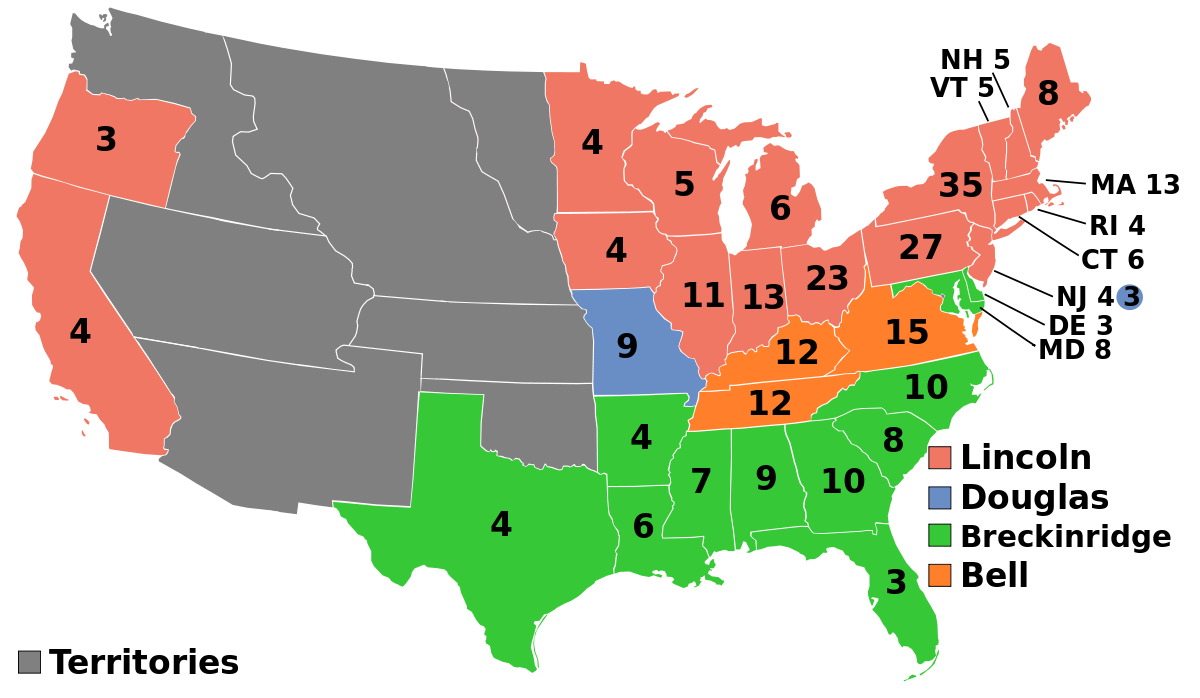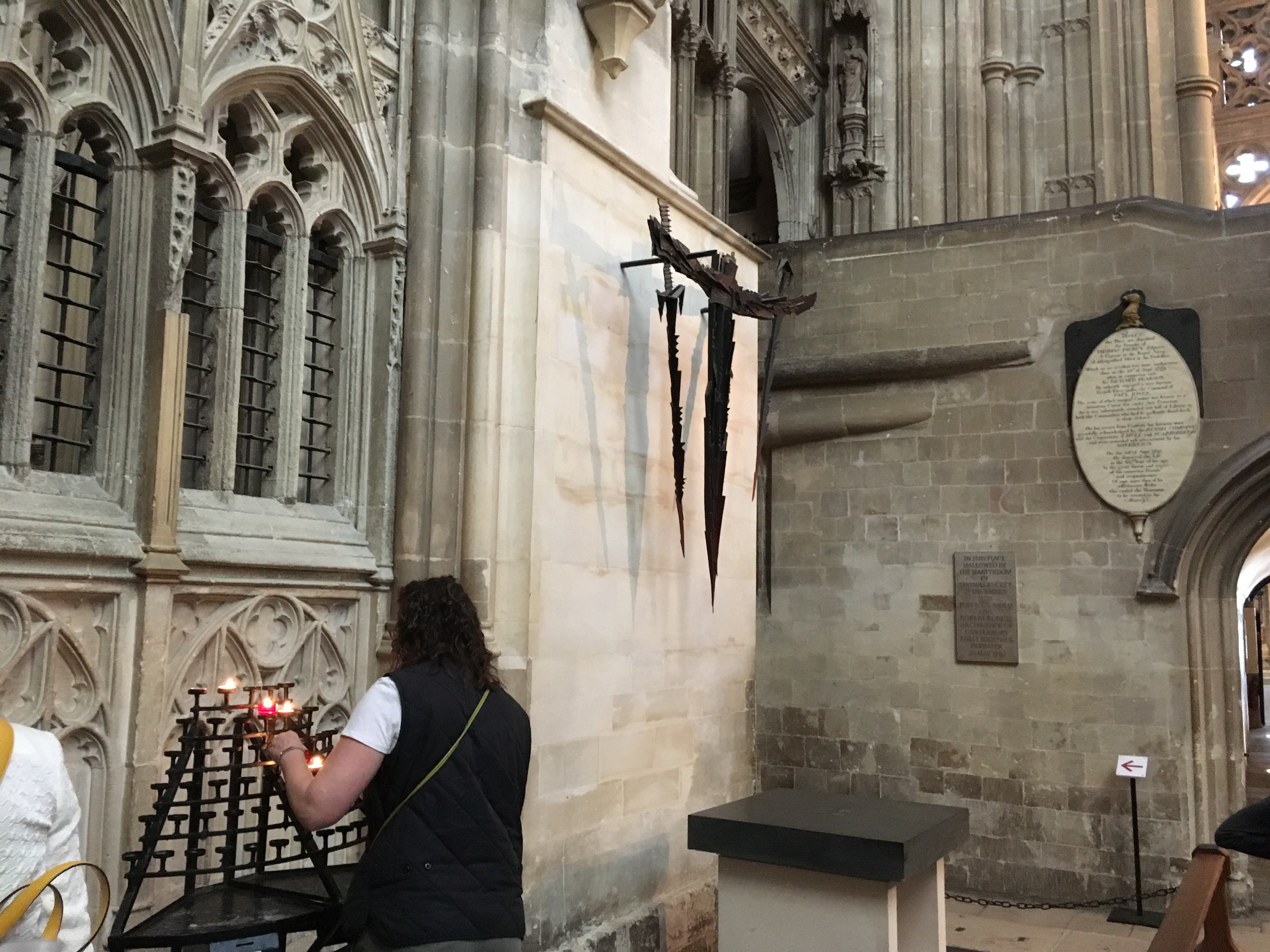 There were several responses received to the posting of “To be in community with people we don’t understand, we may not like, and we disagree with.” Three are offered below. I add some of my thoughts at the end.
There were several responses received to the posting of “To be in community with people we don’t understand, we may not like, and we disagree with.” Three are offered below. I add some of my thoughts at the end.
Jesus says nothing about agreement
From Fr. Kevin Corbin Smith, St. Clements, Seattle –
I've had several conversations with people struggling with their feelings about those on the other side of the political spectrum, mostly family members they value, and how to respond to them in a manner that reflects their faith in a subtle way.
I'm reminded of a woman in my first parish with whom I had totally opposite views on the LGBTQ issue. Her comment to me was, "Well, Father, we don't have to agree. Jesus says nothing about agreement. But he does say we have to love each other. And I can DO that." She and I never agreed, but became dear friends. The parish was a safe place for the both of us.
Protecting the oddball
Fr. Lowell Grisham, OA -
Just a quick reaction after a quick reading. This is a terrific piece. So helpful.
I once visited with a divorcing couple to help them define safe boundaries for their continued participation in the parish they both loved. I think they put into their divorce decree that George got the 9:00 service and Sylvia got the 11:00 service. That was enough to allow them to be civil and cordial at parish things when both were present. I was pleased about that.
A few times, I remember having to be the person protecting the oddball who made people uncomfortable. Talking about being able to be a community who can embrace one whom everyone else cast off worked for those who were able to grow into that part of the gospel. That sense that we were the parish that welcomed oddballs became part of the parish identity. I didn't mind it when a less mature couple left over their discomfort, but I sure missed their nice big pledge.
We tried once to set up safe boundaries for a convicted sex offender to return. He was unwilling to accept the conditions, so he didn't return.
A failure I remember... way back before I knew anything about transgender transition a parishioner began a transition process from man to woman. I did my best to be welcoming, but the discomfort was too much for him. I failed to create a process to help. "His" wife was an every-week heart-of-the-parish person and was uncomfortable with the transition. It was inevitable that she would end up in the parish, with or without him. I think I just played passive "nice guy" until the discomfort from the wife and community was too great for the transition. I've felt bad about not stepping up ever since.
My response –
Sometimes we don’t know how it is that we are making space for people. I’m pretty sure that with you it has to do with the climate you helped establish.
Looking back, I can see a few times in my own parish where that might have been true. There was a couple that ran a porn bookstore at Saint Elisabeth’s. Oops wrong way to say that. They were parishioners at Saint Elizabeth’s ran a porn bookstore in Center City.
Then there was Angelo in the Trenton parish. Many years later I learned that he felt he had to leave the parish a year or so after I had moved to Maine. He was a major in the National Guard while being liberal about his politics. That wasn’t enough for some of the lefties in my parish. They gave him a hard time until he felt he had to leave.
Lowell’s response -
There was a wonderful black woman who gave us her best shot. We tried our best. Oh, we tried. We utterly failed, and she left, hurt again by white folks who just don't have a clue. I'm so white, I don't know what we did. And we were talking with her the whole time, trying to learn. My associate Suzanne is the most loving, pastoral priest in the whole Anglican communion, and we just couldn't make the bridge. That's not quite what we are talking about, but it's what hit me when you talked about the Guardsman not making it in the lefties parish.
My response –
God bless us. We do try.
My 8 am Mass congregation in Trenton was all white, all over 70, all pottery worker families whose grandparents came over from some English town to make Trenton toilets. It was Rite One with no touching at the Peace.
Black woman in town to visit a family member in the nearby hospital came one Sunday. At the Peace she reaches around to the people in the pew behind her. There was just the slightest pause and they grasped her hand. Even exchanged it with one another. The following week we returned to normal.
Same crew. Joined for about 18 months by a man with Tourette's. He had a very vivid vocabulary. Made for some interesting responses in the liturgy. They didn't leave, avoid, or ever say anything to me about it.
They all came to the marriage liturgy for Melissa and me. We were doing our shared homily and dance-around-the-altar rite from Julian of Norwich. They sat all that out but were clearly happy to be there.
Someplace along the line they had been formed. Some mix of mellowing with age and Grace.
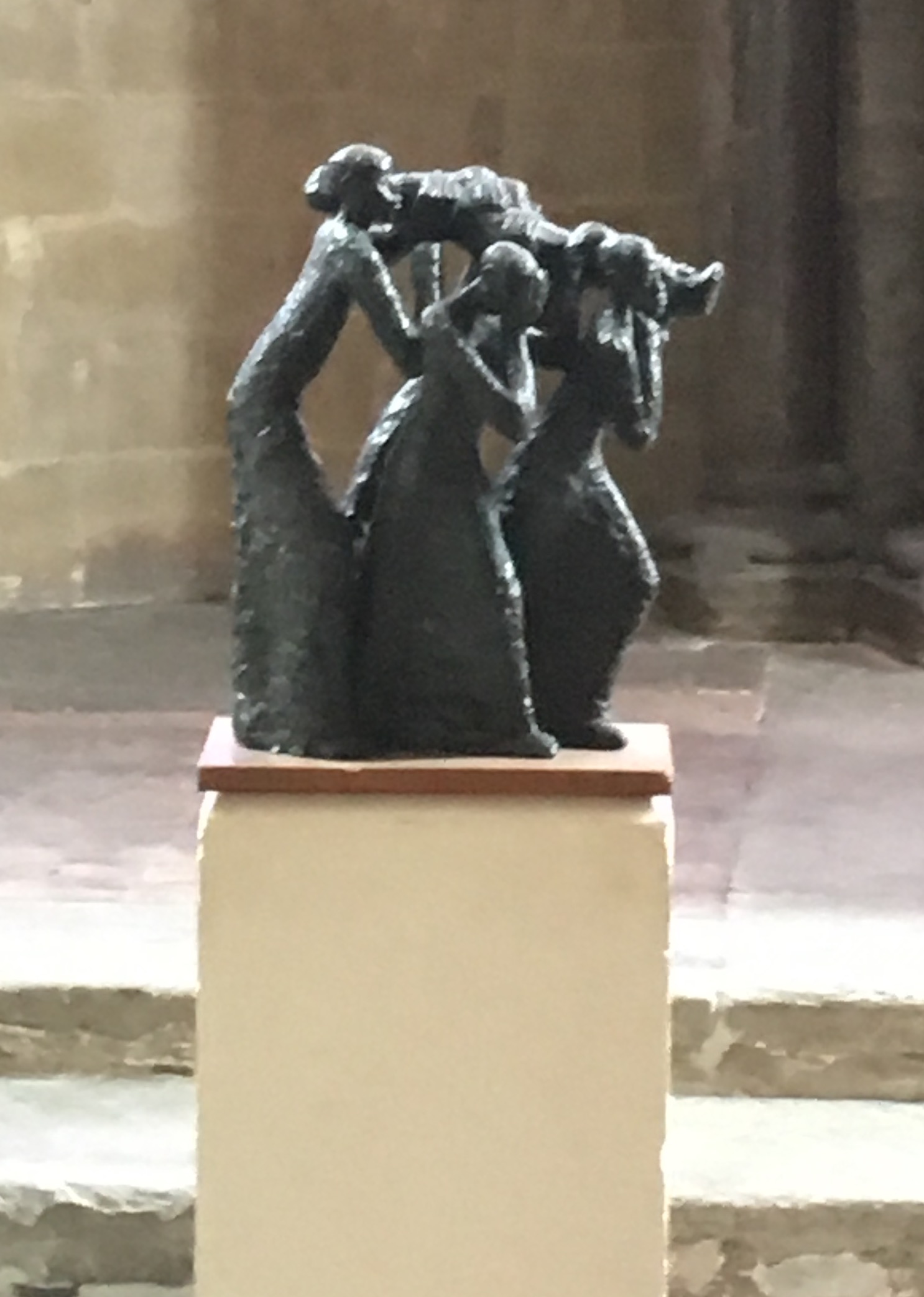 People's discomfort has been weaponized
People's discomfort has been weaponized
This writer asked that their name not be used.
Wow I really, really appreciate this post.
I have felt deeply torn up about the ways that people's discomfort has been weaponized. And then I second-guess myself in wondering if I am being an asshole, or full of ego, or just a really bad Christian -- and, because most of these little dramas are happening outside of the church, but people do know I am a Christian -- I worry that possibly I am scandalizing people. This gives me a couple more tools to think with about this.
My request –
Could you say more about what you mean by the discomfort being weaponized? What does that look like to you? Example?
The response -
There are times when someone's expressing how they feel carries an implicit message: Do something about this. Either, stop doing the thing you are doing, or start doing something else.
Once I was told that putting someone's name on the Prayers of the People list was inappropriate. There'd been a messy parting of ways; people in the parish had taken sides; some people had been asked / told to go away. I had put someone's name on the prayer list a few weeks in a row.[1] Someone confronted me and asked whether I was the one who had written the name -- "One of them, at least," I said. They told me that hearing the name in the prayers felt to them like being struck. I said, "Oh." I probably should have said, "I'm very sorry to hear that." But it was clear that I was supposed to hear this person's discomfort as in itself dispositive -- one and only one action could follow from it; I should stop writing that name on the list. Because if I didn't, then clearly, I didn't care about their discomfort.
It often feels to me that having a question raised can be experienced by the listener as betrayal. People feel so panicked and threatened, in a world where battle lines are everywhere, that their bodies and brains are on high alert for signs of danger. When I am surrounded by people who are scared and alarmed, it is hard for me to stay calm. This isn't just because anxiety is contagious. Panicked creatures are dangerous; they can turn on you. So, I am afraid of being attacked in turn. But the alarm is rarely overt; it's in a thousand small ways that we are constantly attuning our antennae, and aware that other people are doing the same.
Well, that's it, I guess. I suppose it is clear that I find it all incredibly disheartening. Staying oriented in prayer is about the only thing that is reliable as a release -- and only if I don't treat it as a "cure." When I remember St. Silouan's words that the mark of the Christian is love of one's enemies, then I realize, Oh Yeah, I signed up for the Intensive course. And I no longer feel so entitled to having people assume the best about me every single time.
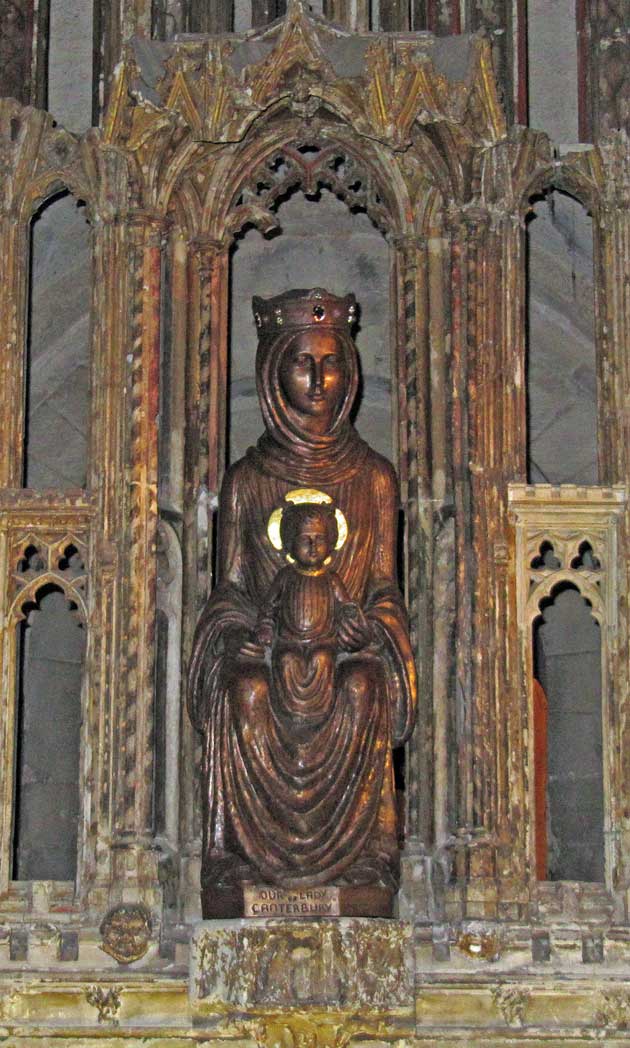 Follow up thoughts
Follow up thoughts
Jesus says nothing about agreement
This may be at the heart of the Gospel assumption. Our Lord’s command that we “come to terms quickly” is often ignored because those involved assume that “coming to terms” or reconciliation, means that the parties have to come to an agreement about the dispute.
Jesus and Paul appear to be more interested in how people can live in community with those they disagree with.
Protecting the oddball
I see two aspects of the pastor’s role here.
The rector of a parish, over the years, can establish a climate of acceptance, empathy and engagement. Success will always be partial. The key is a mix of personal example and the nurturing of an apostolic core. Kilmer Myers wrote,
The story of every parish should be a love story. ..One possible definition for a parish is that it is God's way of meeting the problems of the unloved. This meeting between God and the unloved, the unwanted, takes place in the preaching of the Word, in the Sacraments, in the social life of the parish made possible by the climate of acceptance which is engendered by those who have been baptized and confirmed in the Catholic faith. One of the main tasks of the parish priest is to train the militant core of his parishioners in such a way that they understand as fully as possible the true nature of a Christian parish. (Light the Dark Streets)
The second is the willingness of the priest to stand between those seen as “different” and those who would, because they feel uncomfortable, shun or expel.
There are times when we “stand at the gate,[2]” when we “stand in the breach.[3]” We work to bring people into the City, and we, on rare occasion, stop someone from entering. We sometimes are in a struggle with those we lead, and we make space for them to learn and grow.
In the Liturgy for Good Friday that last collect includes this –
we pray you to set
your passion, cross, and death between your judgment and
our souls, now and in the hour of our death.
People's discomfort has been weaponized
The example of the congregation’s intercessory prayer being perverted has special power. Intercessory prayer is one of the church’s ways of standing in the breach. Here, in this community, all are prayed for.
We hold them on our heart before God. We commend them to God’s compassion. Everyone—the offended and the offender, those within the gates and those outside. And in that action our hearts are enlarged. Our stone hearts are turned to flesh.[4] Our blindness of heart, our pushing away those that offend and hurt us, are changed as we pray for them.
By Mercy and Grace, we have the gift of being in community with people we don’t understand, we may not like, and we disagree with.
rag+
To be in community with people that we don’t understand, we may not like, and we disagree with
A list of all postings
[1] This is an especially interesting example as intercession for others is a way in which we “stand in the breach.” (see below)
[2] A place where counsel was given, and the city protected. There are ways in which people, at risk to themselves, place themselves at the gate.
[3] Psalm 106:23 “So he would have destroyed them, had not Moses his chosen stood before him in the breach.” And Ezekiel 22:30 “And I sought for anyone among them who would repair the wall and stand in the breach before me on behalf of the land, so that I would not destroy it; but I found no one.” And, John 3:16 “For God so loved the world that he gave his only Son, so that everyone who believes in him may not perish but may have eternal life.”
[4] Ezekiel 11:19-20 and 36:25-26
 Wednesday, December 9, 2020 at 3:18PM
Wednesday, December 9, 2020 at 3:18PM 